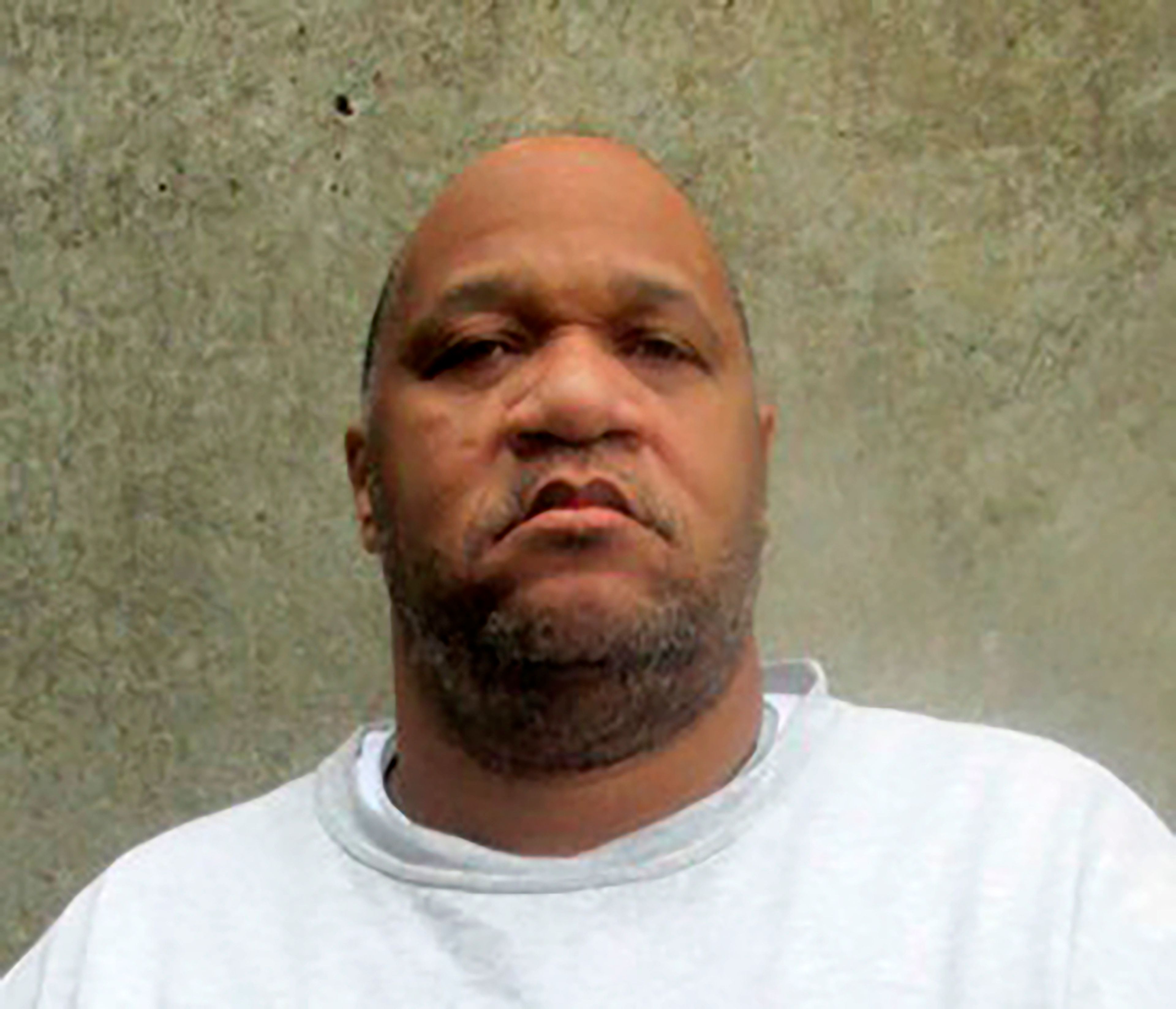Oklahoma executes a man for a 1992 killing despite board recommending his life be spared
McALESTER, Okla. (AP) — Oklahoma executed a man Thursday for his role in the 1992 shooting death of a convenience store owner after the governor rejected a
McALESTER, Okla. (AP) — Oklahoma executed a man Thursday for his role in the 1992 shooting death of a convenience store owner after the governor rejected a recommendation from the state’s parole board to spare his life.
Emmanuel Littlejohn, 52, received a lethal injection at the Oklahoma State Penitentiary and was declared dead at 10:17 a.m. His execution came after Republican Gov. Kevin Stitt declined to commute his sentence to life in prison without parole.
“A jury found him guilty and sentenced him to death,” said Stitt. He added, “As a law and order governor, I have a hard time unilaterally overturning that decision.”
A state appellate court on Wednesday denied a last-minute legal challenge to the constitutionality of the state’s lethal injection method of execution. A similar appeal filed in federal court also rejected Thursday.
Littlejohn is the third Oklahoma inmate put to death this year and the 14th since the state resumed executions in 2021 after a more than six-year hiatus. If another execution set for Thursday evening in Alabama is carried out, it would mark the first time in decades that five death row inmates were put to death in the U.S. within one week.
The five executions would also mark another grim milestone — 1,600 executions since the death penalty was reinstated by the U.S. Supreme Court in 1976, according to the Death Penalty Information Center.
Littlejohn was 20 when prosecutors say he and co-defendant Glenn Bethany robbed the Root-N-Scoot convenience store in south Oklahoma City in June 1992. The store’s owner, Kenneth Meers, 31, was killed.
During video testimony to the Pardon and Parole Board last month, Littlejohn apologized to Meers’ family but denied firing the fatal shot. Littlejohn’s attorneys pointed out that the same prosecutor tried Bethany and Littlejohn in separate trials using a nearly identical theory, even though there was only one shooter and one bullet that killed Meers.
But prosecutors told the board that two teenage store employees who witnessed the robbery both said Littlejohn, not Bethany, fired the fatal shot. Bethany was sentenced to life in prison without parole.
Littlejohn’s attorneys also argued that killings resulting from a robbery are rarely considered death penalty cases and that prosecutors today would not have pursued the ultimate punishment.
“It is evident that Emmanuel would not have been sentenced to death if he’d been tried in 2024 or even 2004,” attorney Caitlin Hoeberlein told the board.
Littlejohn was prosecuted by former Oklahoma County District Attorney Bob Macy, who was known for his zealous pursuit of the death penalty and secured 54 death sentences during more than 20 years in office.
Because of the board’s 3-2 recommendation, Stitt had the option of commuting Littlejohn’s sentence to life in prison without parole.
Stitt has granted clemency only once during his nearly six years in office, in 2021, when he commuted Julius Jones’ death sentence to life without parole just hours before Jones was scheduled to receive a lethal injection. Stitt has denied clemency recommendations from the board in three other cases: Bigler Stouffer, James Coddington and Phillip Hancock, all of whom were executed.
Connect with the Southeast Missourian Newsroom:
For corrections to this story or other insights for the editor, click here. To submit a letter to the editor, click here. To learn about the Southeast Missourian’s AI Policy, click here.











